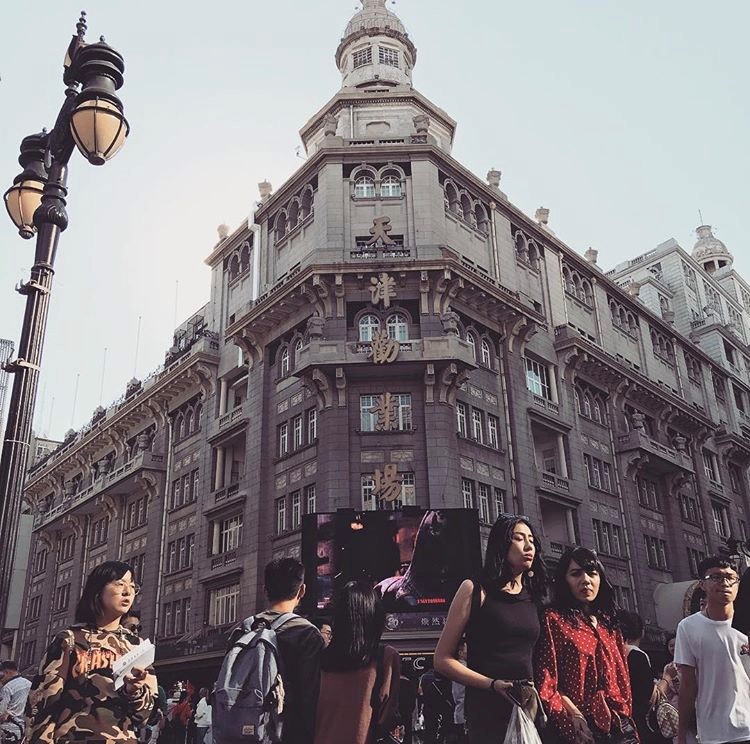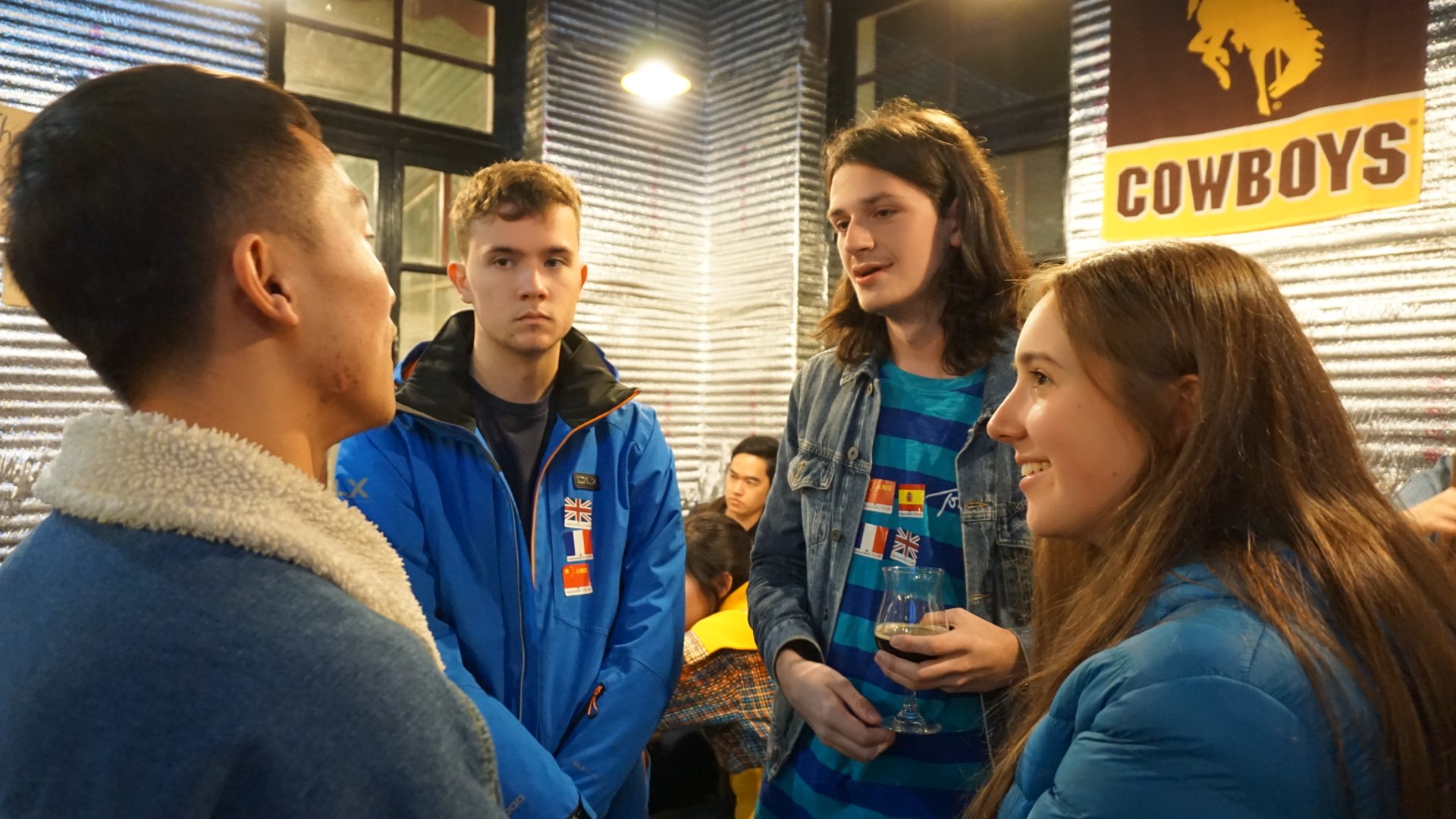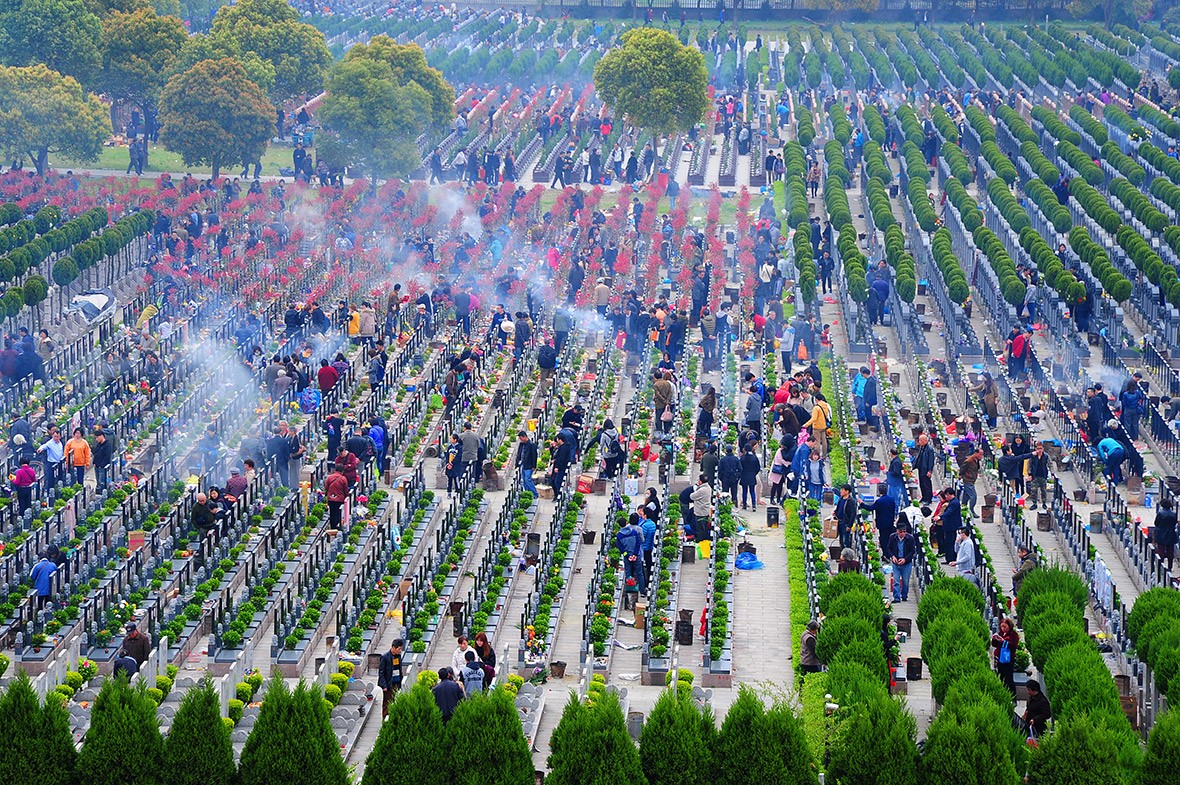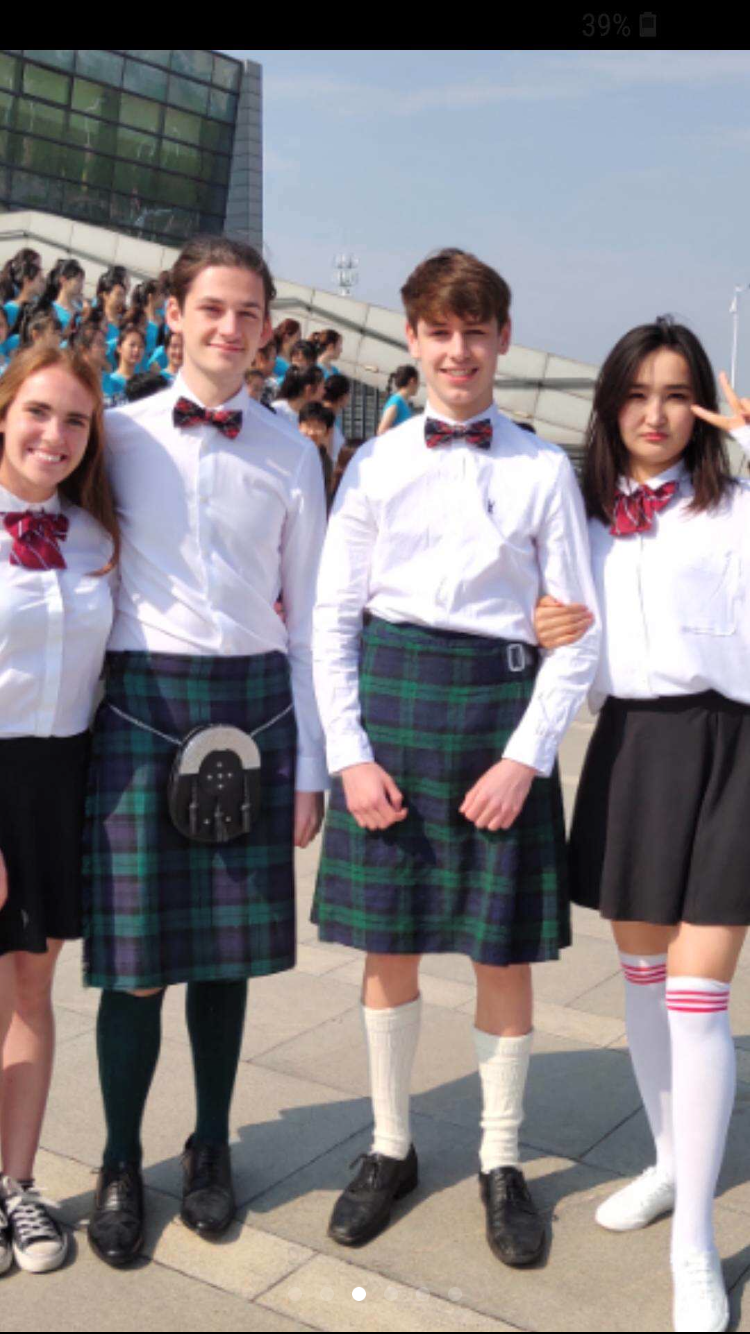Life in China 在中国的生活
Following on from the excitement of travelling, it felt strange to remain in the same country for so long, however it wasn’t too long until Tianjin once again felt like home. It was nice to go back to the homely comforts of Tianjin, and I forgot just how much I missed Chinese food.
At the beginning of the month, my girlfriend came over from Scotland to visit. Seeing the city in which you live through the eyes of a tourist (游客) is a strange feeling, and makes you see it in a different light. Visiting other parts of the city made me realise just how big of a city Tianjin is, and the fact that there are so many great places which I was totally oblivious to. Fortunately, I have now found new places to eat, and new places to visit.
Totally unbeknownst to me, Tianjin has an excellent cultural centre (文化中心), which showcases some excellent architecture. The cultural centre is made up of the Tianjin library, Tianjin museum, Tianjin theatre and the Tianjin science and natural history museum, as well as an excellent mall. My personal favourite is the Tianjin museum, which I thought was fascinating. I found the most interesting part of the museum to be the exhibitions regarding the history of Tianjin during the early 20th century, when parts of the city were divided amongst the world’s great powers.
Following Chinese military defeats, the Qing dynasty were forced to cede parts of the city to foreign powers. Concessions were held by the Austro-Hungarian empire, Belgium, Britain, France, Germany, Italy, Japan, Russia and America. Life in these concessions was very interesting, especially in the Austro-Hungarian empire’s concession. Unlike the other nations, inhabitants were granted Austro-Hungarian citizenship, and even if a crime was committed in Tianjin, that person could be tried in Austro-Hungarian courts. Evidence of this era of Tianjin can still be felt today, as the distinctive styles of architecture can be seen all around the city. For example, this building is the Exhibition of Industrial Encouragement, which was built by the French in 1928 and was one of the largest department stores (商场) in Tianjin.

Throughout the month of March, Beijing celebrates a literary festival, during which bookshops around the city celebrate the contributions of Chinese and international authors. During the festival, I visited ‘The Bookworm,’ to attend a talk by Bruno Macaes on his book on ‘The Belt and Road (一带一路).’ Being interested in world politics, I am fascinated by China’s ‘Belt and Road’ policy, however many people outside of China are totally unaware about what it is.
Essentially, China is working together with other countries to finance infrastructure projects, and to provide their expertise. The countries that have decided to participate in the initiative follow the route of the ‘Silk Road,’ which was an ancient trading route which linked East to West. The number of projects planned continues to grow, whether it be ports in Pakistan or motorways (公路) in Montenegro. The project even extends to the U.K, where it is now possible to send goods on a freight train from London all the way to China.
At the end of the month, I attended an event called a ‘Language Mix Night.’ The purpose of the night is to meet other people interested in languages and be able to practice speaking an array of different languages. Rather unsurprisingly, in a city of more than 15 million people, many different languages are spoken. There is not only a rather large international community in Tianjin, but also a growing number of Chinese people who are learning foreign languages other than English. I met many students who study at the Tianjin Foreign Studies University and was amazed by all the different languages that people were studying. There were many Chinese students who were eager to practice their English with a native speaker, and I was equally eager to practice my Chinese with them. Being able to speak French and Spanish, I could also practice with my other languages with people from as far away as South America (南美洲) and Africa (非洲).

On the 5th of April, China celebrated Qingming festival (清明节) (also known as tomb sweeping day), meaning that we had a few days off class. The most important custom which takes place during the festival is the act of tomb sweeping, which consists of people going to visit the tombs of dead relatives. People clean the tombs, taking away any weeds and then adding fresh soil. In addition to general cleaning, the dead person’s favourite food and wine are taken to sacrifice to them, as well as pieces of paper which are supposed to resemble money. These items are then burned, so as the dead person doesn’t lack these items.

However, in modern day China it has become much more difficult to honour these traditions, due to the fact that more and more people are being cremated rather than buried, and also that children tend to move to far away Chinese cities, meaning that it is impossible to travel back to their relatives’ graves. Therefore, nowadays many people just use flowers as an offering, and simply burn fires at the side of the road.
Throughout the month of April, many people’s families came out to Tianjin to visit. It was nice to meet other people’s family, and to hear some more Scottish accents around Tianjin. Many of the visiting families were kind enough to bring over some Easter (复活节) chocolates and sweets, which served as the sole reminder that Easter was just around the corner. It was strange seeing absolutely no reminders in the streets or shops that Easter was about to arrive.
For the first time since coming to China, I managed to attend a football game (踢足球比赛). I watched Tianjin TEDA host Shanghai SIPG, who are one of the best teams in China, boasting high profile players such as Oscar and Hulk. Unfortunately for Tianjin, the gap in ability between the two teams was very apparent, with Shanghai coming out of the game as 2-0 victors. Attending a football game in China is a unique experience, which was very different to my previous experiences in Scotland. Firstly, Tianjin’s Olympic Stadium which holds 60,000 was a far cry from the Falkirk stadium. Due to the lack of footballing history in China, football clubs have borrowed many aspects of European footballing culture. It was bizarre hearing many of the chants that you would back in Britain, but this time it was in Chinese.
Over the past few years, football has been steadily gaining popularity in China, with games being attended by more and more fans. Despite the growing interest in the game, the national team still massively underperforms, only having reached one World Cup in their history. Under the leadership of President Xi Jinping, who is a massive football fan, it is hoped that China will become a footballing superpower within the coming decades. In order to achieve his ambitions for China, a significant amount of money is being invested in football; including setting up a school’s league, training thousands of football coaches, building state of the art football facilities and employing foreign coaches.
Along with a few other students, I attended Tianjin Normal University’s sports day’s opening ceremony. The university invites a broad group of different students to attend the opening ceremony, including different university clubs, university affiliated high schools, and us, as the university’s foreign student contingent. We went to the university’s main campus (at the crack of dawn) and prepared for the ceremony. To fulfil our role as representatives of the foreign students educational building, Ross and I went dressed in our traditional Scottish clothing of a kilt, which many Chinese people found very funny. We then watched some of the sports day events, where the level of ability was impressively high.

The month of April ended with yet another holiday, which was for Labour Day which takes place in May. During these days off, I was greatly anticipating the imminent arrival of May, which meant that my birthday was just around the corner. I look forward to writing my next blog, as a 19 year old!